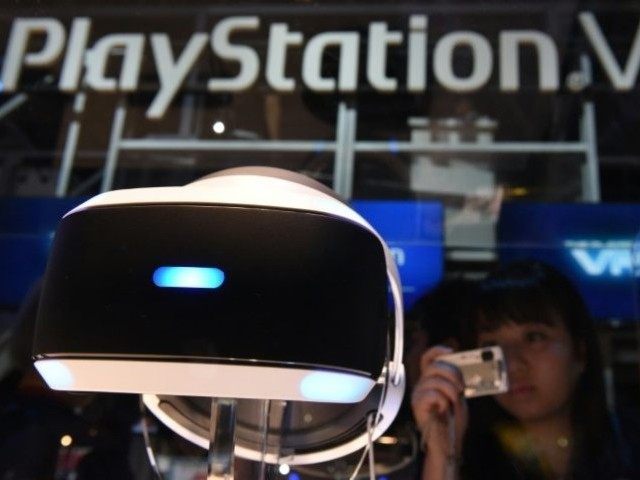Sony Computer Entertainment CEO Andrew House has confirmed a release date and price point for the PlayStation VR.
Originally called Project Morpheus, the PlayStation VR will launch globally in October 2016 for $400, not including its $40 Move controllers or $60 PlayStation Camera, which are both necessary for the PS VR experience.
Though exclusive to the PS4, the PS VR has more than 230 developers already creating content. “From smaller independent teams to larger studios at the industry’s top publishers such as 2K Games and Ubisoft. Software titles in development for PS VR from these developers and publishers as well as from SCE Worldwide Studios (SCE WWS) are now totalling to more than 160 titles,” Sony said in a statement.
SCE expects about 50 titles to launch simultaneously with the PS VR, including Ubisoft’s Eagle Flight, EVE from CCP Games, Frame Interactive’s Valkyrie, Headmaster, and Rez Infinite from Enhance Games. Gamers can also anticipate a Star Wars: Battlefront VR experience from EA, Lucasfilm, and DICE, for which House has promised more information in the coming months.
Although the PS VR is considerably cheaper than VR competitors such as the $600 Oculus Rift and the $800 HTC Vive, PlayStation Developer Relations Executive Adam Boyes has confirmed that there will be no profit loss for PS VR sales — a common business practice in which those selling hardware hope to recover console financial losses with long-term software profits.
Consumers are already getting excited. Amazon UK sold out within minutes of allowing consumers to pre-order the headset, even with a “one unit per customer” restriction. While currently listed as “unavailable” on its website, Amazon UK is continuing to take pre-orders with the understanding that they “cannot guarantee release day delivery” for those orders placed after the retailer sold out of its original allotment.
This enthusiasm is shared by NASA, who has collaborated with Sony on a demo project called Mighty Morphenaut. Its purpose is to use PS VR to train operators to control humanoids, such as the Robonaut 2, in space. While virtual reality creates a real-time simulation for the robot’s operator, there are potential communication delays due to the distance between the operator and robot. The Mighty Morphenaut demo accounts for this delay by integrating a time delay mode using “ghost” hands that move instantly, with the robot’s movement following. Richard Marks, head of Sony’s Magic Lab, believes that the technique is a potential solution to effectively operating space robots.
For earthly recreational purposes, the PS VR looks to be more than just a gaming experience. Sony has added that the PS VR headset has a “Cinematic Mode,” which lets you play non-VR PlayStation games and videos on its 225-inch virtual screen. Additionally, as 360-degree photos and videos become more popular, consumers will be able to use the headset for an even more immersive way to relive their memories.
All told, it’s an exciting new entry in the race toward virtual reality. It also gives competitors a lot to chew on, not just in regard to pricing, but flexibility and functionality as well. The whole contest is starting to get very interesting, as VR begins to shake the notion of being just another technological fad.
Follow Nate Church @Get2Church on Twitter for the latest news in gaming and technology, and snarky opinions on both.

COMMENTS
Please let us know if you're having issues with commenting.